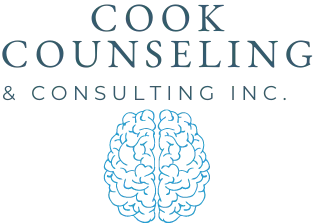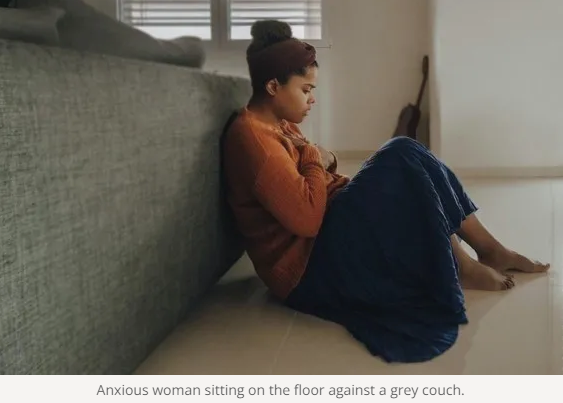We all know that babies and toddlers have separation anxiety when they’re away from their parents. But did you know that adults can also have separation anxiety when separated from a loved one? While separation anxiety in babies is normal, it can affect adults differently and more seriously.
Children experience separation anxiety when they’re separated from their parents or primary caregivers, and adults experience it when they’re separated from their children or spouses. Separation anxiety isn’t something you should be worried about. However, if you feel the anxiety is getting too much for you or it has started to affect your day-to-day life, it might not be just anxiety but a separation anxiety disorder. And that needs medical attention (Fernandez, Rochaun Meadows, 2018).
Separation Anxiety in Adults
Adults who suffer from separation anxiety experience extreme fear that something terrible will happen to their loved ones. And when they’re having an episode, it’s accompanied by other conditions like panic and generalized anxiety.
Separation anxiety is common in children aged six months to 3 years, but if the condition continues even when the child grows up, it could be a sign of adult separation anxiety disorder. And this could affect their ability to function and carry out their responsibilities normally.
Symptoms of Adult Separation Anxiety
It’s absolutely normal for an adult (a parent, for example) to feel worried and scared for their children when they’re away, but if the anxiety they experience triggers panic attacks, that’s when you should be worried. Such adults find it hard to focus on work or carry out day-to-day tasks when they’re away from their loved ones. It can even result in over-controlling parents who want their children to be always around them.
Some common symptoms that indicate that you may be suffering from adult separation anxiety include:
· Socially withdrawn
· Extreme sadness
· Difficulty focusing on day-to-day tasks
· Baseless fear that their loved one may get hurt or abducted
· Reluctance to go away from loved ones or let them go away
· Finding it hard to fall asleep when their loved one is away
· Anxiety or panic attacks thinking about what could happen to a loved one while they’re away
What Can Help in Timely Diagnosis of Adult Separation Anxiety
Separation anxiety in adults can impair their ability to function as well as they can, and in some cases, they fail to function at all. If the condition isn’t diagnosed on time, it could worsen their mental health.
Below are some ways you can ensure a timely diagnosis of adult separation anxiety:
· If any or all of the symptoms mentioned above persist for more than 6 months, get yourself (or your loved one whose suffering) checked by a medical professional right away.
· Symptoms have gotten severe enough to affect your (or your loved ones whose suffering) ability to function at all.
· You can’t link the symptoms to any other disorder.
Treatment of Adult Separation Anxiety
Some possible treatment options for separation anxiety in adults are:
· Family therapy
· Group therapy
· Cognitive Behavioral Therapy
· Dialectical Behavioral Therapy
· Anti-anxiety and anti-depression medications
Closing Words
If you suspect that you or your loved one may be suffering from separation anxiety, you should immediately see a professional to prevent the condition from worsening. If you don’t take it seriously, you may lose your ability to function entirely, which will only worsen your mental health.
References:
Fernandez, Rochaun Meadows, 2018, https://www.healthline.com/health/separation-anxiety-in-adults#outlook

